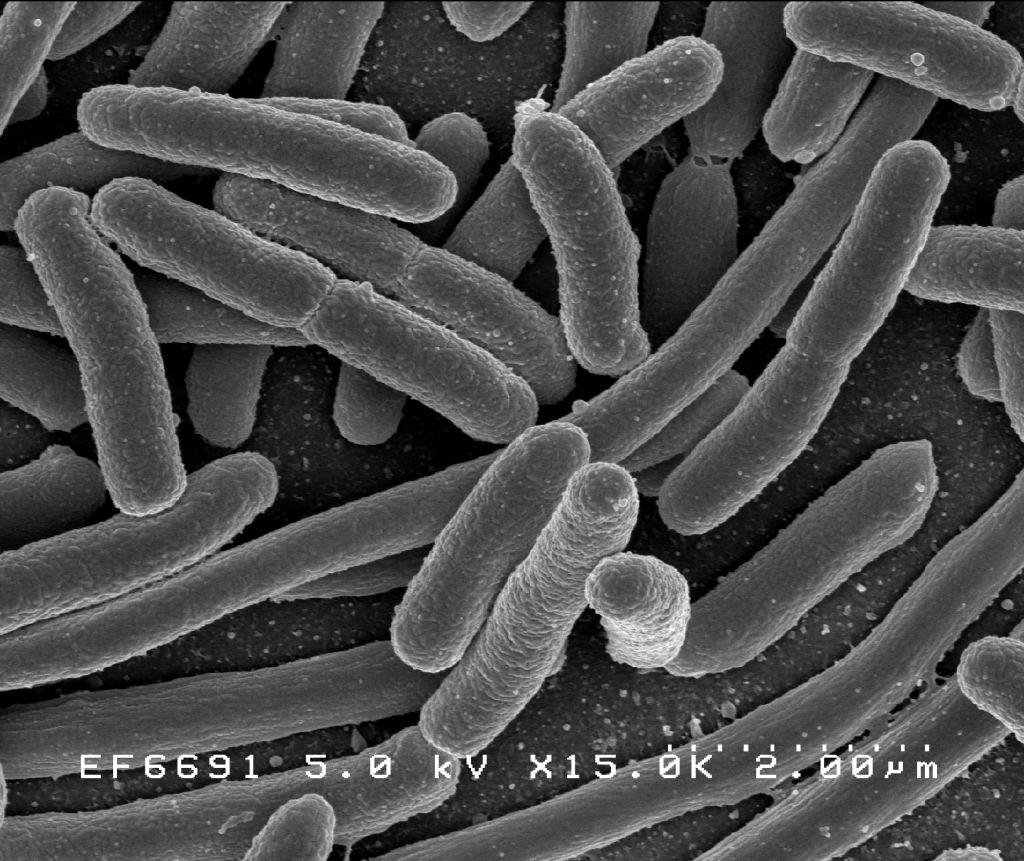
How Modern Life Depletes Your Gut Microbes
Your intestinal microflora—aka your microbiome—is an integral part of your immune system, and over the past several years, research has revealed that microbes of all kinds—bacteria, fungi, and even viruses—play instrumental roles in the functioning of your body.
The composition of the microbiome varies from person to person based on factors such as diet, health history, antibiotic exposures, geographic location, and even ancestry, and it’s readily influenced by diet, chemical exposures, hygiene, and other environmental factors.
May 6, 2015 | Source: Mercola.com | by Dr. Mercola
Your intestinal microflora—aka your microbiome—is an integral part of your immune system, and over the past several years, research has revealed that microbes of all kinds—bacteria, fungi, and even viruses—play instrumental roles in the functioning of your body.
For example, beneficial bacteria, also known as probiotics, have been shown to:
• Counteract inflammation and control the growth of disease-causing bacteria
• Produce vitamins, amino acids (protein precursors), absorb minerals, and eliminate toxins
• Control asthma and reduce risk of allergies
• Benefit your mood and mental health
• Impact your weight, for better or worse
The composition of the microbiome varies from person to person based on factors such as diet, health history, antibiotic exposures, geographic location, and even ancestry, and it’s readily influenced by diet, chemical exposures, hygiene, and other environmental factors.
In fact, it’s become increasingly clear that destroying your gut flora with antibiotics and pharmaceutical drugs, harsh environmental chemicals, and toxic foods is a primary factor in rising disease rates.
For all of these reasons, and more, I recommend a diet rich in whole organic, unprocessed foods along with traditionally cultured or fermented foods and plenty of fiber.
A high-quality probiotic supplement can also be a helpful ally to restore a healthy balance to your gut flora—especially when taking antibiotics, and/or when eating processed foods, as both of these tend to decimate the colonies of beneficial microbes in your gut.
Modern Lifestyle Depletes Beneficial Microbes
A study1,2 comparing the microbiome of the Yanomami—an indigenous tribe living in remote areas of the Amazon jungle—against those of Americans; a group of Venezuelan Amazonian indigenous people called the Guahibo; and people in Malawi in southern Africa, reveals that the modern lifestyle has dramatically altered people’s microbiome.
For all its conveniences, it takes a considerable toll on the microbes in your gut, which in turn can have far-reaching health consequences. For example, recent research3,4 suggests that repeated use of antibiotics may raise your risk for type 2 diabetes by altering the composition of your gut bacteria.
After analyzing health data from one million Britons, strong dose-dependent correlations were found between the use of certain antibiotics– penicillins, cephalosporins, quinolones, and/or macrolides specifically—and diabetes incidence. The correlation held even when other contributing factors were taken into account.
• Two to five courses of penicillin increased diabetes risk by eight percent
• More than five courses of penicillin increased the risk by 23 percent
• Two to five courses of quinolones increased the diabetes risk by 15 percent
• More than five courses of quinolones increased the risk by 37 percent
Interestingly, even the hunter-gatherer Yanomami tribe—which had never come in contact with outsiders prior to the researchers’ arrival, and have never been exposed to antibiotics—were found to harbor microbes with antibiotic-resistant genes.
